Kristen graduated from Webster University in St. Louis. Her reporting has focused on human rights issues and technology…
Lead Writer & Producer

Kristen graduated from Webster University in St. Louis. Her reporting has focused on human rights issues and technology…
Lead Writer & Producer
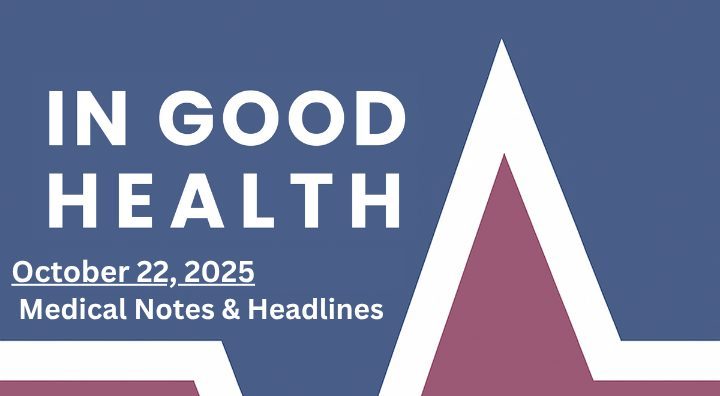
People marked as ‘brain dead’ may have been misdiagnosed. Ultra-processed foods aren’t just bad for our gut. If you want to reverse your age, it’s time to hit the gym. I you don’t like the sound of your own voice, menopause can help.

Gillespie breaks down the global food system’s strategy that maximizes profit while putting humanity as risk.
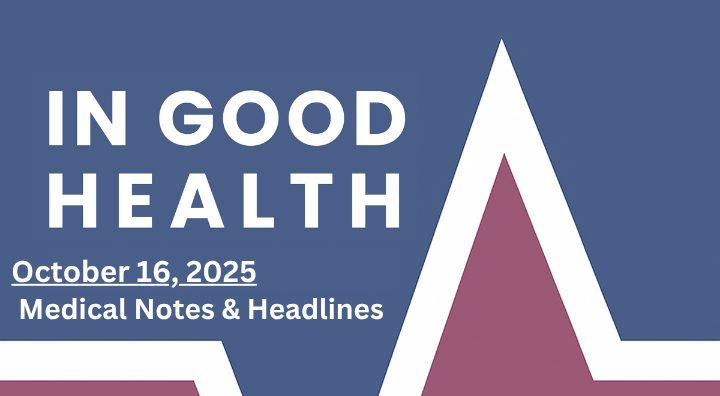
A test that could save generations of men. Have you gotten your teeth cleaned recently? Have balance issues? Boredom isn’t always a bad thing.
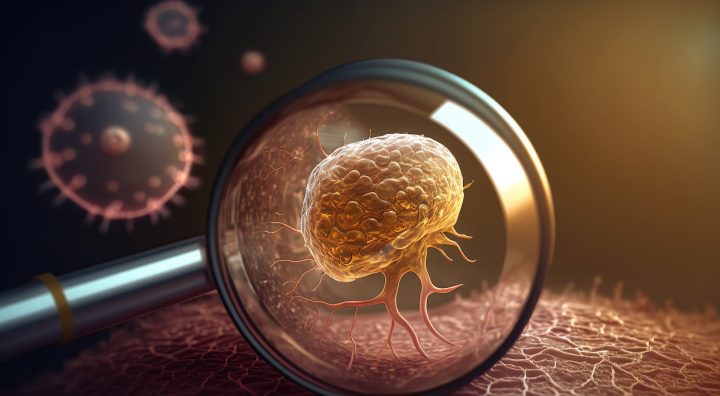
While the therapy can cause serious side effects, our expert this week –a pioneer of this therapy– discusses the future of using this powerful new weapon against cancer.
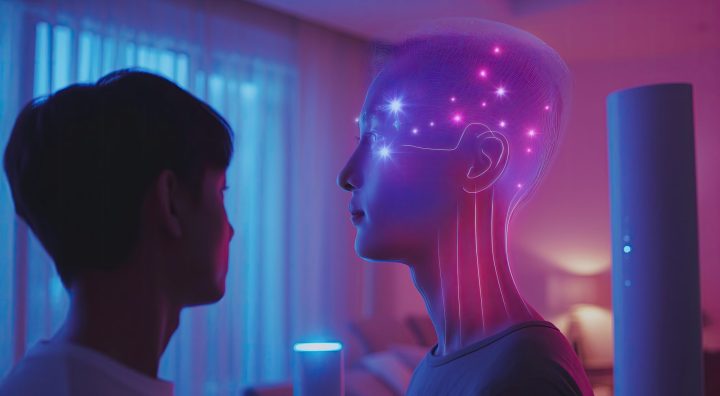
Dr. Michael Heinz explains how this always-available AI therapist measures up to human-based therapy, and how AI best fits into the future of mental health.'
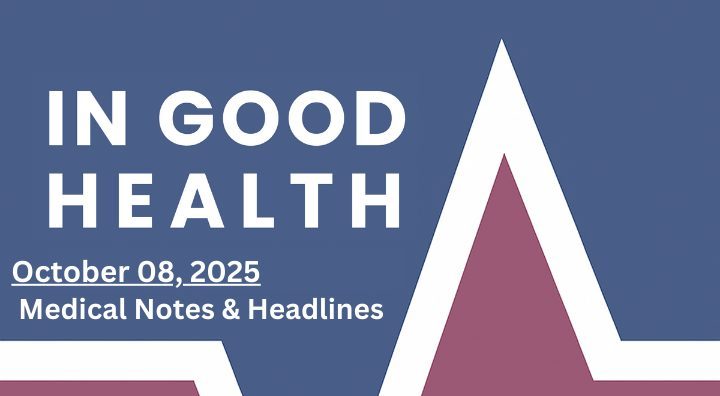
Is birth control safe to use? You’d never guess this sneaky cause of air pollution. Is inflammation ever helpful? Are you eating the right type of protein?

Alexis Merdjanoff explains why disaster recovery plans leave communities unprepared, how timing is critical for mental health support, and how investing in strong social connections before tragedy hits can speed recovery.
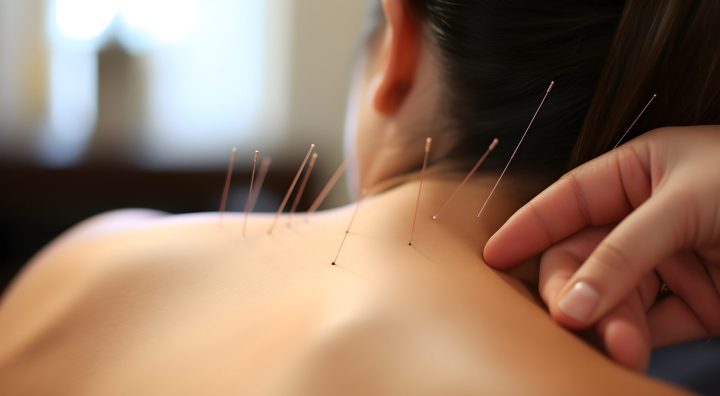
Dr. Kim Feingold and Ania Grimone discuss the ancient medicine practice that’s providing much-needed relief for these patients.

You may soon be able to detect skin cancer at home. A healthy childhood may be more important than you think. We need better ALS detection. Is watching TV good for your health?
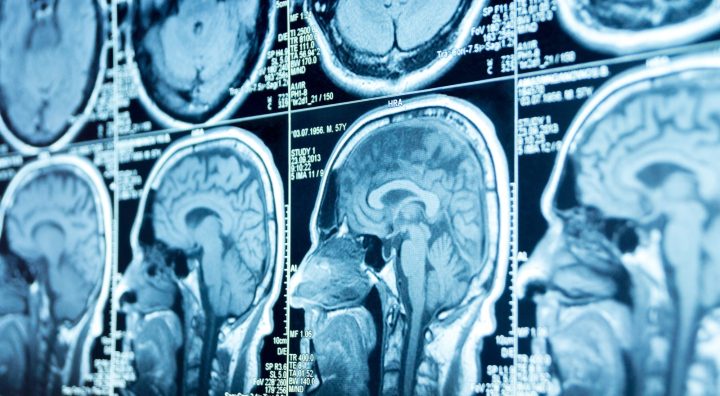
Dr. Wajd Al-Holou explains his breakthrough research on the cancer’s metabolic habits and how it’ll help increase life expectancy for patients.
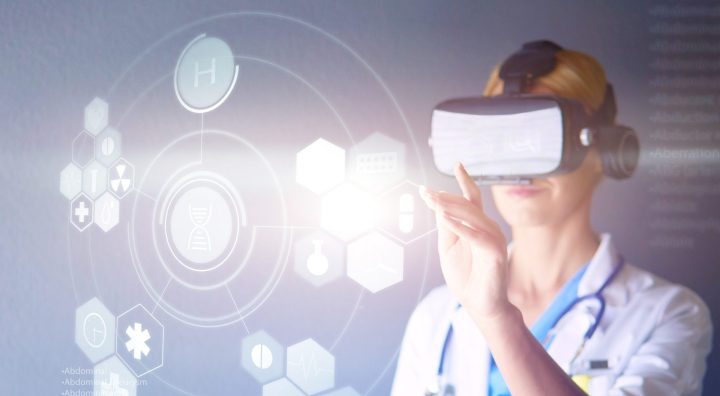
Our experts discuss how immersive reality and Disney technology can help give patients the religious rooms they crave while fighting for their lives.

Are you taking too many medications? Your blood may soon have tiny robots flowing through it. We can detect more cases of alzheimer’s disease, so why aren’t we? A new fix for carbon monoxide poisoning.
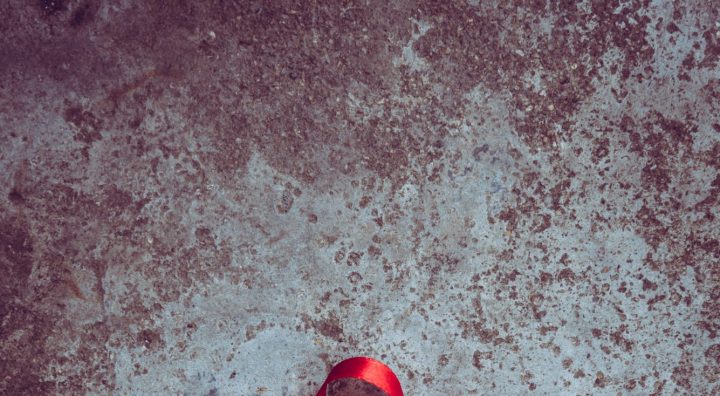
ur experts explain the history behind the harmful stigma and the innovative initiatives that will help end this epidemic.

Why are weight loss drugs so difficult to take long-term? Alcoholism doesn’t just affect one person. Fix your bad knees without surgery.
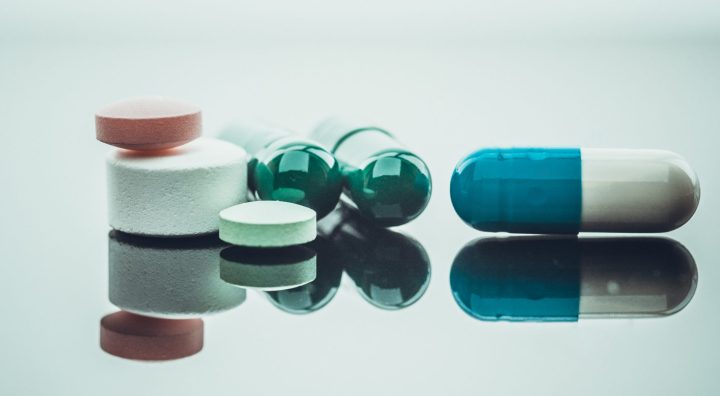
Our expert discusses the steps needed to keep consumers safe.

Some diseases are tough to self-diagnose, but AI is here to help. Does bacteria get a bad rap? Have you had enough water today? Probably not – and that’s a big problem.

While these triggers can create harmful cycles if ignored, our expert explains how they can act as protective mechanisms that can be our biggest strengths to improve relationships and turn vulnerabilities into personal superpowers.

Our experts break down what research shows to be the most effective options and the surprising results for what doesn’t work.
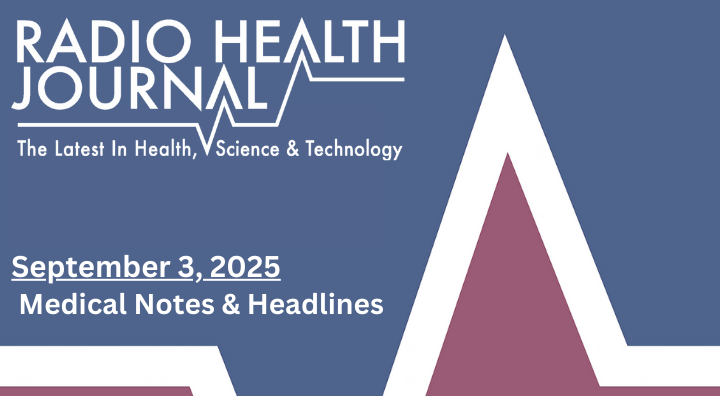
Toothpaste may be the cause of your child’s allergies. An antimicrobial chemical called triclosan (try-klow-san) has been a staple ingredient in everyday products like mouthwash and clothing for decades. A new player in the fight against forever chemicals. An apple a day may help you sleep better.

Author Judith Pearson discusses the three women who transformed the breast cancer movement into what we see today.

Our experts explain when growth hormone is appropriate, and how the real solution to shorter kids feeling inferior is society’s mindset.
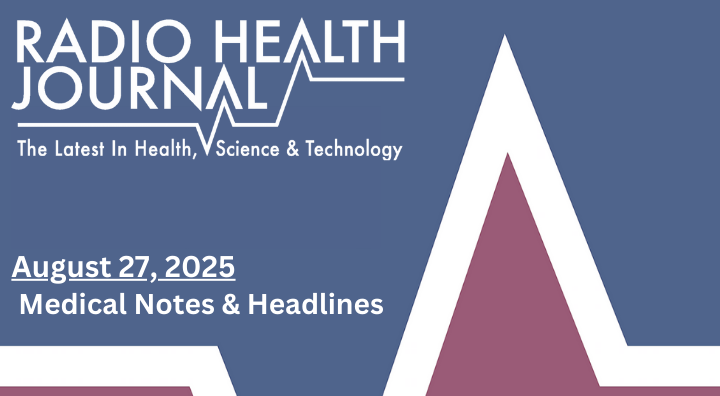
Not all generic drugs are created equal. How much of a benefit do you get from learning a second language? A new product to help stop the spread of malaria. Your next hospital visit may look a bit greener.
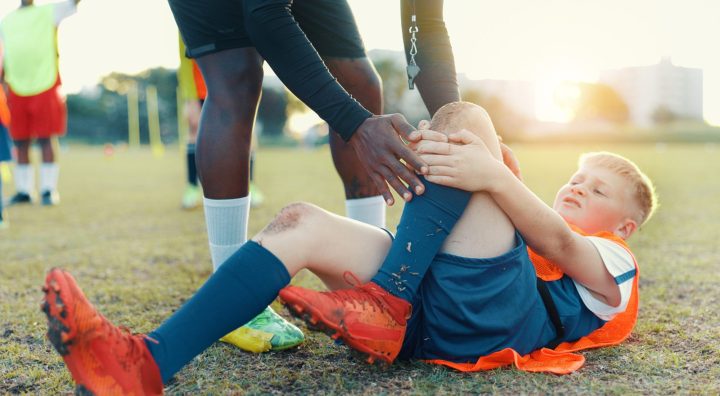
Nathan Fitton explains how this impacts the athletes’ careers later in life and recommends a protocol that will reduce overuse injuries.

Dr. Peter Rabins how advances like new blood tests, medications, and lifestyle changes can make a noticeable difference.
Subscribe to get the latest from Radio Health Journal directly in your inbox.

